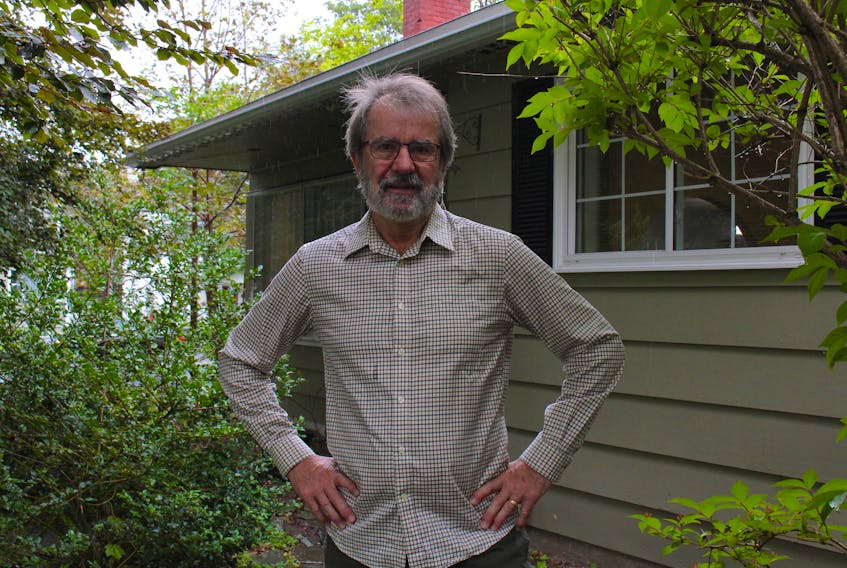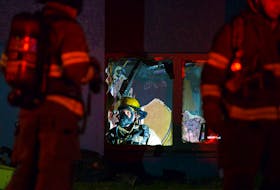ST. JOHN'S, N.L. — It was a minor inconvenience that potentially saved somebody’s life.
After inviting his family over for a homemade feast to celebrate his mother’s birthday, Bob Strong received an email reminder for a blood donation appointment he made at Canadian Blood Services on Wicklow Street in St. John’s for the same day.
Strong, a retired civil servant who lives in St. John’s, called to ask about rescheduling. But when he did, he was told he was one of eight people in Canada who was a match for someone in need.
“I said, ‘Wait a minute, you said I’m a match?’” Strong said. “I said, ‘Well, there’s no question. I’m going to be there.’”
Over the years, Strong has donated blood 171 times.
“It’s a pretty big thrill every time because you know there’s someone out there that’s getting a donation that’s really going to help them,” he said. “It’s mind-blowing. When someone (says) you saved a life today, it’s pretty emotional. To know that someone is possibly going to live because of you, you can’t get any better than that.”
Gordon Skiffington, the territory manager of Canadian Blood Services for Newfoundland and Labrador, says, “patients undergoing surgery and cancer treatment, accident victims and people with blood disorders rely on blood, platelets and plasma transfusions every day.”
Strong’s appointment on that day was specifically for platelets, which are fragments of a cell that help clot blood and stop bleeding.
Skiffington said a platelet match means a donor has platelets that will be readily accepted into a patient’s body.
“The odds of finding a (close) match are among one in four family members,” Skiffington said. “Many times, (we) are unable to find a family member.”
That’s when they look at their national database of donors. The chance of finding a match for a patient is about one in 10,000 donors.
Strong will likely never meet the person he helped, and he wouldn’t know even if he did, because of confidentiality policies.

Much like Strong, Nikki Carew of Portugal Cove-St. Phillip’s will likely never meet the person whose donation helped her through her cancer treatments.
“You’re wondering who donated on the other end … and you almost want to thank them for doing it, but you can’t,” Carew said.
Last year, at the age of 36, she was diagnosed with breast cancer. While she is doing better now, with only a few more surgeries left, it hasn’t been easy.
“During my chemo I had a lot of complications which led to a long hospitalization (and) more surgeries,” she said.
It can be hard to understand the importance of blood donors until you’re in a life-threatening situation, Carew says.
Having been there, hearing about people like Strong is amazing, she says.
“Imagine how many lives he has saved by donating so many times,” she said. “Yes, you’re saving the recipients, but they have a family, they have friends that love them.”
After one of Strong’s last visits, something he saw compelled him to tell his story.
“There was an empty chair last time I was (donating blood),” Strong said. “That’s not right. There shouldn’t be any empty chairs. There’s only two chairs in there for platelets.”
Although the process of donating platelets took Strong about two to three hours, he still managed to make it home in time to cook a smorgasbord of food on the barbecue for his family.









